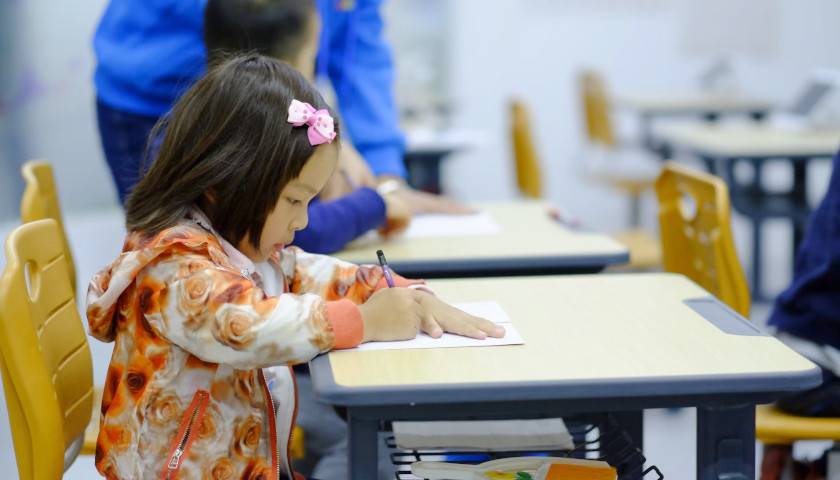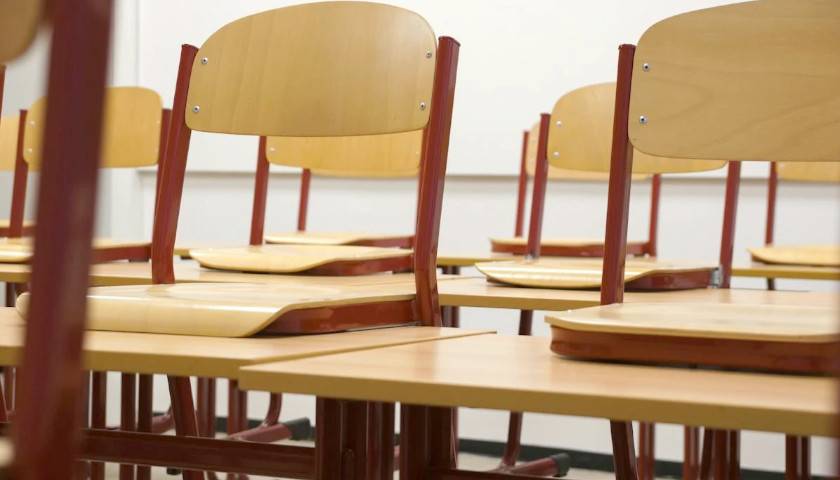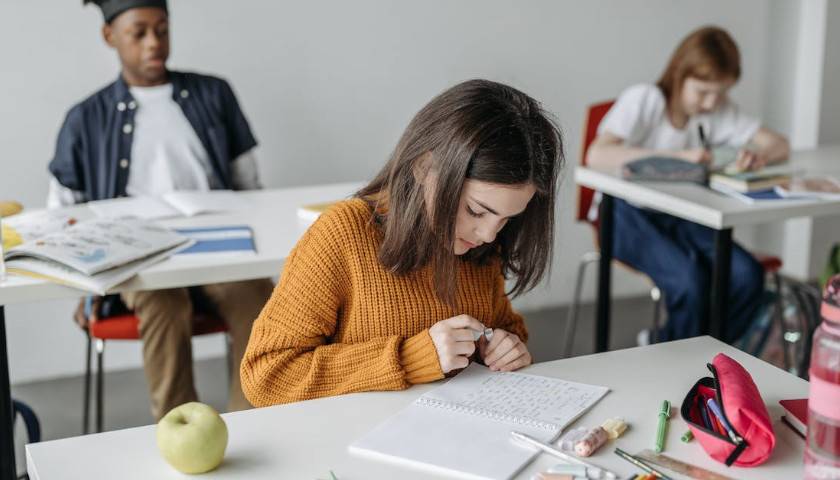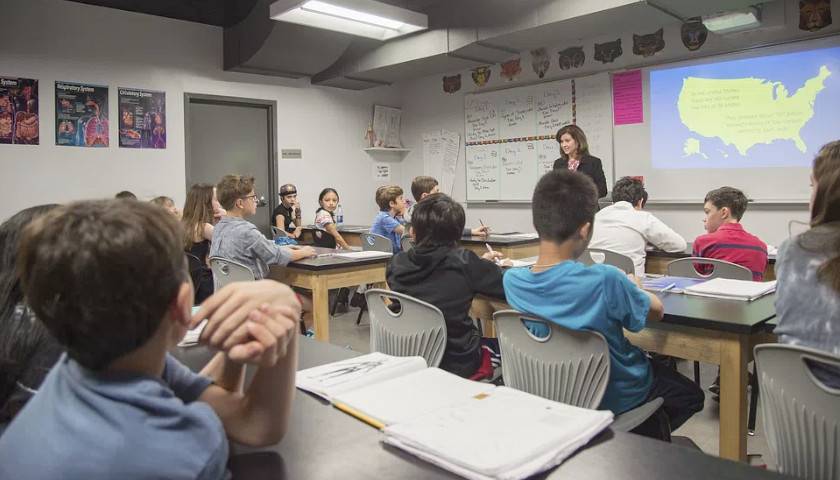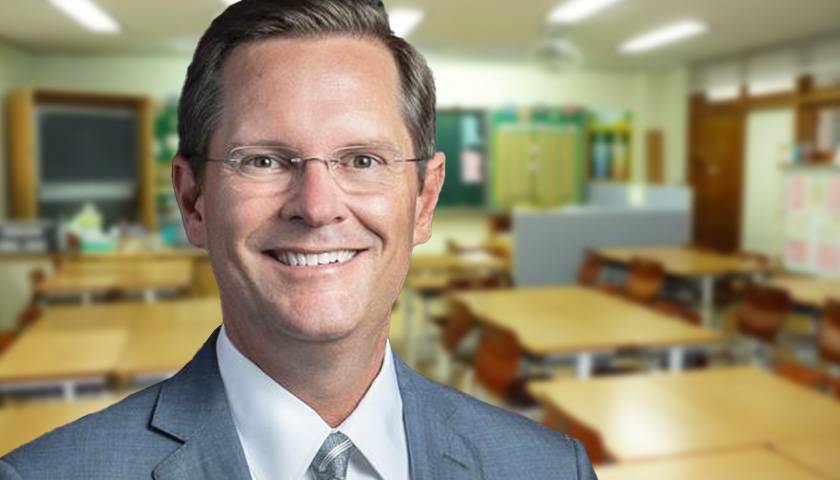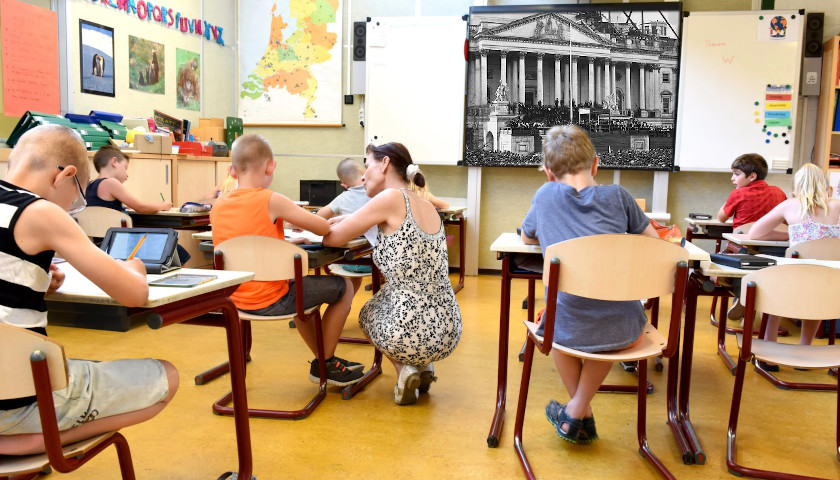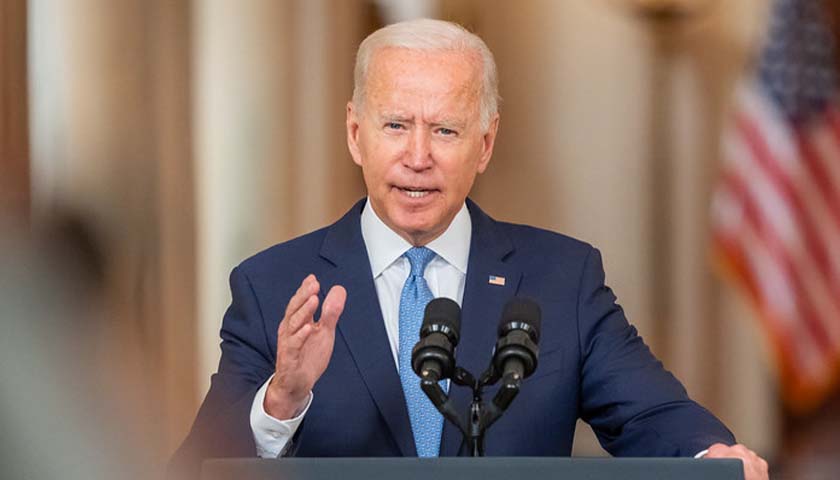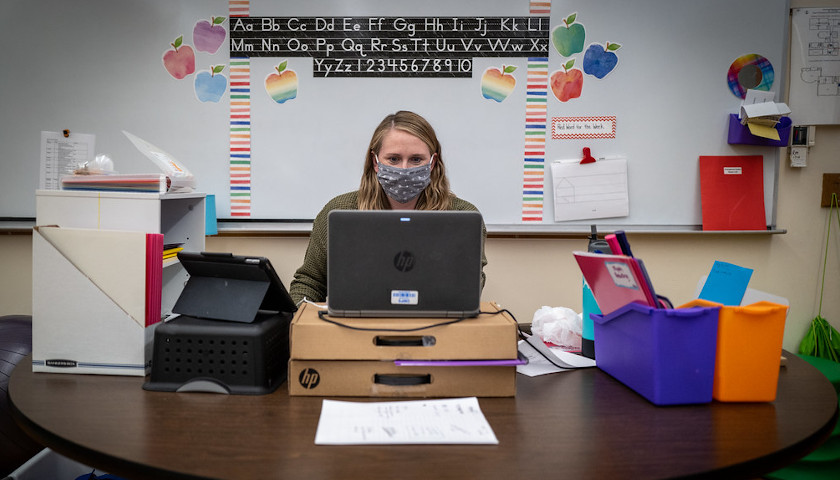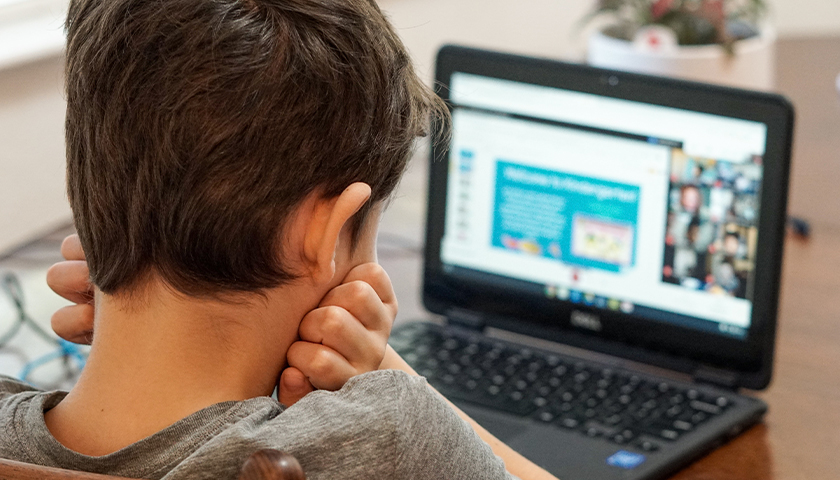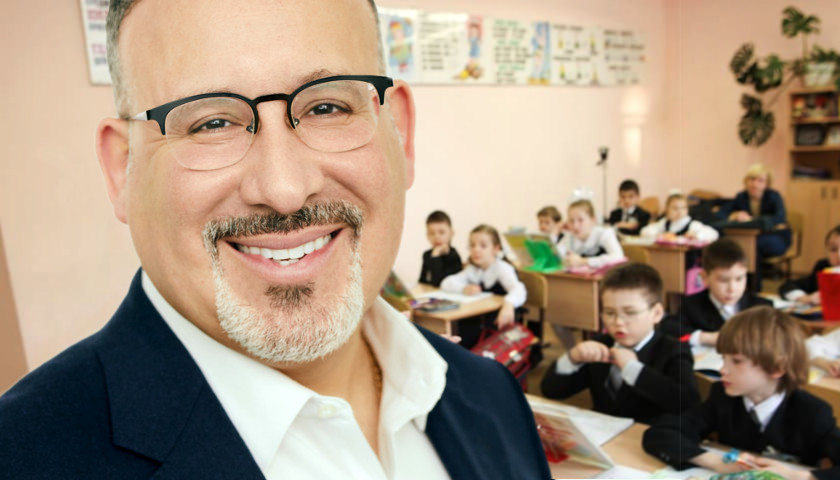The future of the controversial classical education movement will be showcased later this month when Columbia University senior lecturer Roosevelt Montás is scheduled to deliver a keynote address at a national symposium hosted by Great Hearts, the biggest classical charter network.
The views of Montás, author of the widely praised memoir “Rescuing Socrates,” are well to the left of many in the classical charter movement, which is rooted in Christian conservatism. What makes Montás’ upcoming speech so notable, then, is the signal it sends about the movement’s effort to diversify its brand and project a welcoming attitude as it seeks to expand beyond conservative strongholds and suburbs where it began.
Read More
